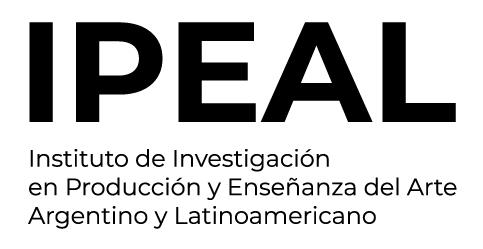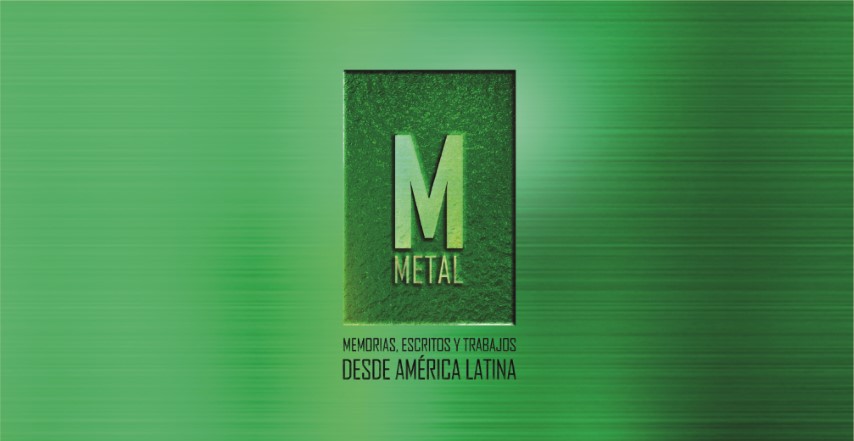Minimum Supports, Maximum Effects
Dematerialization Languages in Two São Paulo Biennials
DOI:
https://doi.org/10.24215/4516643e017Keywords:
Art, biennials, processesAbstract
In the last decades of the 20th century and the beginning of the 21st century, curatorial projects emerged that adopted criteria based on dematerialization processes. In 1973, Lucy Lippard published a record of works linked to dematerialization, and around 1981 Juan Acha and Aracy Amaral mapped the non-objectualisms in Latin America and the process-driven impulse in art. In this article, we will analyse two of the international Biennials of São Paulo, in 1996 and 2010, with the aim of reviewing the impact of the concepts dematerialization and non-objectualism.References
Aguilar, N. (1996). A era da desmaterialização [La era de la desmaterialización]. En A desmaterialização da arte no final do milênio [La desmaterialización del arte al final del milenio] [Catálogo de la 23.a Bienal de São Paulo] (pp. 21-27). San Pablo, Brasil: Fundação Bienal de São Paulo.
Amaral, A. (1981). Aspectos del no-objetualismo en Brasil. Ponencia presentada en el 1.º Coloquio Latinoamericano sobre Arte No-Objetual y Arte Público. Medellín, Colombia.
Eagleton, T. (2001). La idea de la cultura. Una mirada política sobre los conflictos culturales. Barcelona, España: Paidós.
Farias, A. y Dos Anjos, M. (2010). Há sempre um copo de mar para um homem navegar [Siempre hay un vaso de mar para que un hombre navegue]. En Há sempre um copo de mar para um homem navegar [Siempre hay un vaso de mar para que un hombre navegue] [Catálogo de la 29.a Bienal de São Paulo] (pp. 18-29). San Pablo, Brasil: Fundação Bienal de São Paulo.
Fundação Bienal de São Paulo. (1996). 23.a Bienal Internacional São Paulo [Catálogo]. Recuperado de https://issuu.com/bienal/docs/name4e2bf4
Fundação Bienal de São Paulo. (2010). 29.a Bienal de São Paulo [Catálogo]. Recuperado de http://www.bienal.org.br/publicacoes/2072
Lippard, L. [1973] (2004). Seis años: la desmaterialización del objeto artístico de 1966 a 1972. Madrid, España: Akal.
Mosquera, G. (2011). Caminar con el diablo. Textos sobre arte, internacionalismo y culturas. Madrid, España: EXIT.
Downloads
Published
How to Cite
Issue
Section
License
The acceptance of the manuscript by the magazine means the non-exclusive cession of the property rights of the authors in favour of the editor, who allows the reuse, after publication (post print), under a license Attribution-NonCommercial-NoDerivatives 4.0 International.
According to these terms, the material can be copied and redistributed by any means or in any format as long as a) the author and original source of the publication are quoted (magazine and URL of the work), access to the license is provided and whether changes have been made is mentioned; and b) the material is not used for commercial purposes.
The cession of non-exclusive rights means that after the publication (post print) in Metal the authors can publish their work in any language, means and format; in such cases it must be mentioned that the material was originally published in this magazine. Such cession also means the authorization of the authors for the work to be collected by SEDICI, the institutional archive of the Universidad Nacional de La Plata, and to be spread in the databases that the editorial team considers appropriate to increase the visibility of the publication and its authors.
Moreover, the magazine encourages the authors to deposit their productions in other institutional and thematic archives under the principle that offering the society the scientific and academic production without any restrictions contributes to a greater exchange of the global knowledge.



























